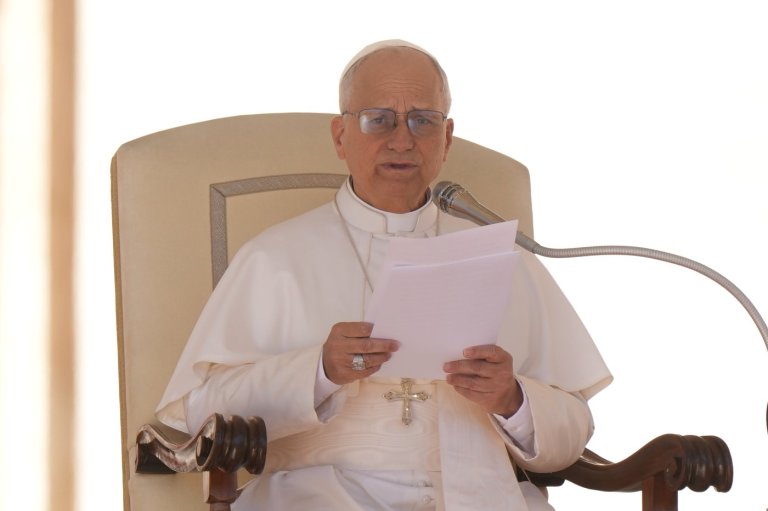Court halts execution of Oklahoma man who says he was framed by co-worker in boss’ 1997 death
MCALESTER, Okla. – An appeals court agreed to halt the execution of an Oklahoma man with just hours to spare Wednesday after his attorneys asked for time to review new evidence, including a fellow inmate’s claim that he overheard the other man convicted in the case admit he acted alone.
Richard Eugene Glossip was twice convicted of ordering the killing of Barry Van Treese, who owned the Oklahoma City motel where he worked. His co-worker, Justin Sneed, was convicted of fatally beating Van Treese and was a key prosecution witness in Glossip’s trials.
Glossip, 52, was scheduled to be executed at 3 p.m. But the Oklahoma Court of Criminal Appeals agreed to delay the lethal injection after Glossip’s attorneys said they had new evidence. Among the material is a signed affidavit from another inmate, Michael Scott, who claims he heard Sneed say “he set Richard Glossip up, and that Richard Glossip didn’t do anything.”
The court said it granted the temporary stay “due to Glossip’s last-minute filing and in order for this court to give fair consideration” to his claims. The court rescheduled his execution for Sept. 30.
During his trials, prosecutors alleged that Glossip masterminded the killing because he was afraid Van Treese was about to fire him for embezzling money and poorly managing the motel. Sneed, a handyman at the motel who admitted killing Van Treese with a baseball bat, was sentenced to life in prison in exchange for his testimony against Glossip.
Two juries convicted Glossip and sentenced him to death. His execution was set to be the first in Oklahoma since a sharply divided U.S. Supreme Court upheld the state’s three-drug lethal injection formula in June.
Glossip’s case garnered international attention after Hollywood actress Susan Sarandon, who played a nun in the movie “Dead Man Walking,” took up his cause. The woman Sarandon portrayed in the movie, anti-death penalty advocate Sister Helen Prejean, has served as Glossip’s spiritual adviser and frequently visited him in prison.
On Tuesday, Glossip maintained his innocence during a brief telephone interview with The Associated Press. He said he hoped his life would be spared, and that he remained optimistic.
“They’ll never take that from me,” Glossip told the AP. “I won’t let it bring me down. If you’ve got to go out … you don’t want to be bitter and angry about it.”
Join the Conversation!
Want to share your thoughts, add context, or connect with others in your community?
You must be logged in to post a comment.


















